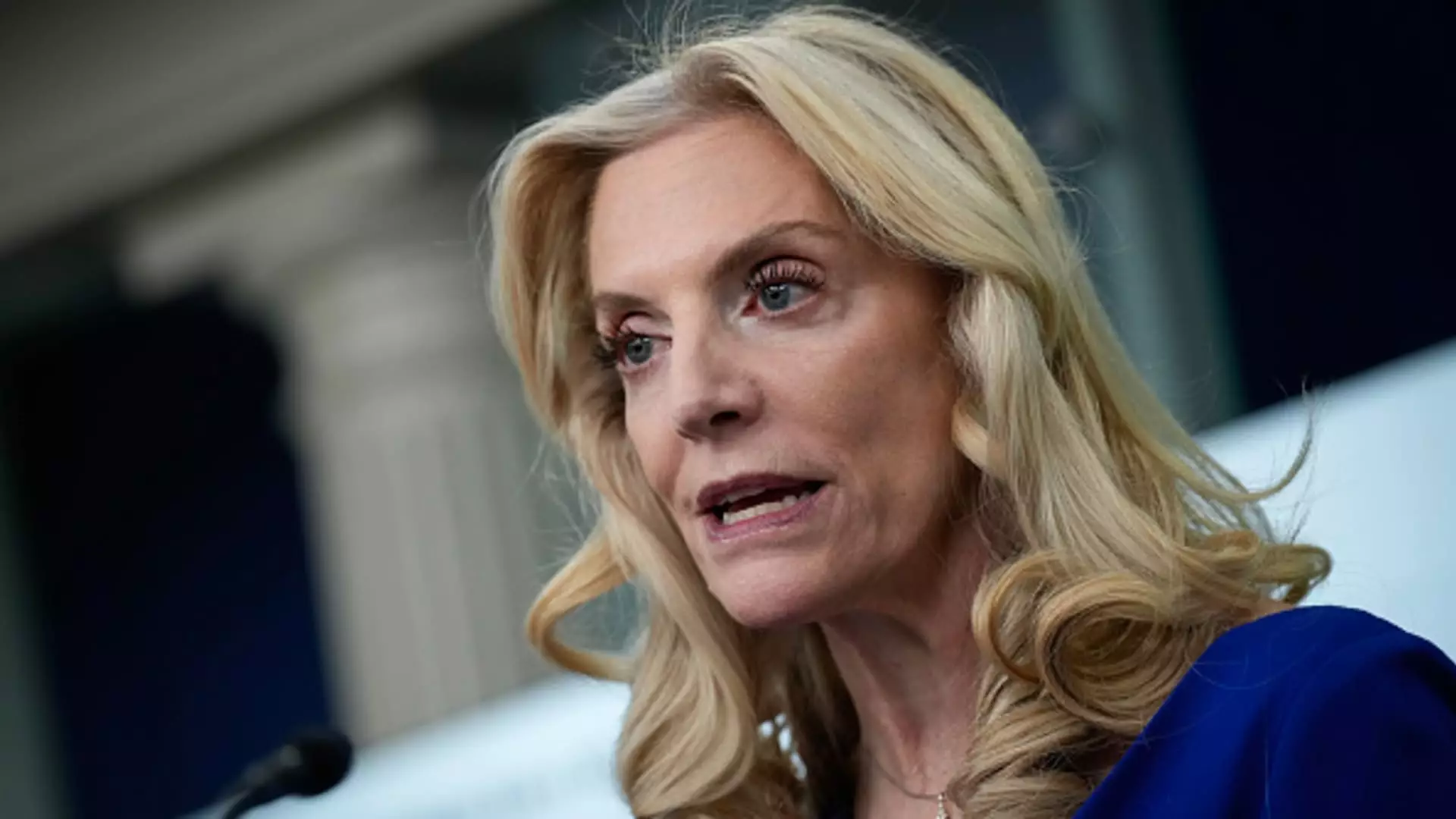President Joe Biden’s economic advisor recently discussed the impending debate surrounding expiring tax breaks put in place by former President Donald Trump. In 2017, Trump implemented the Tax Cuts and Jobs Act (TCJA), which included various provisions that are set to expire after 2025 unless Congress takes action. Some of these provisions include lower federal income tax brackets, a higher standard deduction, and doubled estate and gift tax exemptions. Additionally, the TCJA permanently reduced the corporate tax rate from 35% to 21%.
White House national economic advisor, Lael Brainard, emphasized the need to reevaluate the 2017 tax breaks for the ultra-wealthy and to scale back costly permanent corporate tax breaks. The debate over these multitrillion-dollar tax cuts comes at a time when the national debt is under scrutiny, as extending the TCJA tax breaks would further increase the budget deficit, as noted by the Congressional Budget Office.
Brainard outlined the Biden administration’s plan to address the expiring TCJA provisions by focusing on tax fairness. The administration aims to extend these provisions for middle-class Americans while funding them through tax increases on the ultra-wealthy and corporations. According to Brainard, the original legislation primarily benefited the wealthiest Americans, and the promised economic “trickle-down” effect never materialized.
The Biden administration is proposing to achieve a fairer tax system by not extending expiring Trump tax cuts for individuals earning above $400,000. Additionally, the administration plans to quadruple the tax on stock buybacks and introduce a 25% minimum income tax for billionaires. This approach aims to ensure that the burden of funding the extended tax breaks does not fall disproportionately on lower-income individuals.
On the other side of the aisle, House Republicans are gearing up to address the upcoming 2025 tax cliff caused by the expiration of the Trump tax cuts. House Ways and Means Committee Chairman, Jason Smith, highlighted that if the 2017 tax cuts expire, an average family of four earning $75,000 could see their taxes increase by $1,500 annually. This statistic underscores the potential impact of allowing the tax breaks to lapse.
The debate over the expiring tax breaks set forth in the TCJA will be a significant point of contention in the coming years. The Biden administration’s emphasis on tax fairness and its proposal to extend provisions for middle-class Americans while increasing taxes on the ultra-wealthy and corporations present a stark contrast to the Republican approach of advocating for a full extension of the tax cuts. As the discussion unfolds, the implications for the economy, the national debt, and income inequality will remain at the forefront of the debate. Both sides will need to carefully balance economic growth with fiscal responsibility to navigate the complexities of the tax code and ensure a fair and equitable system for all Americans.

